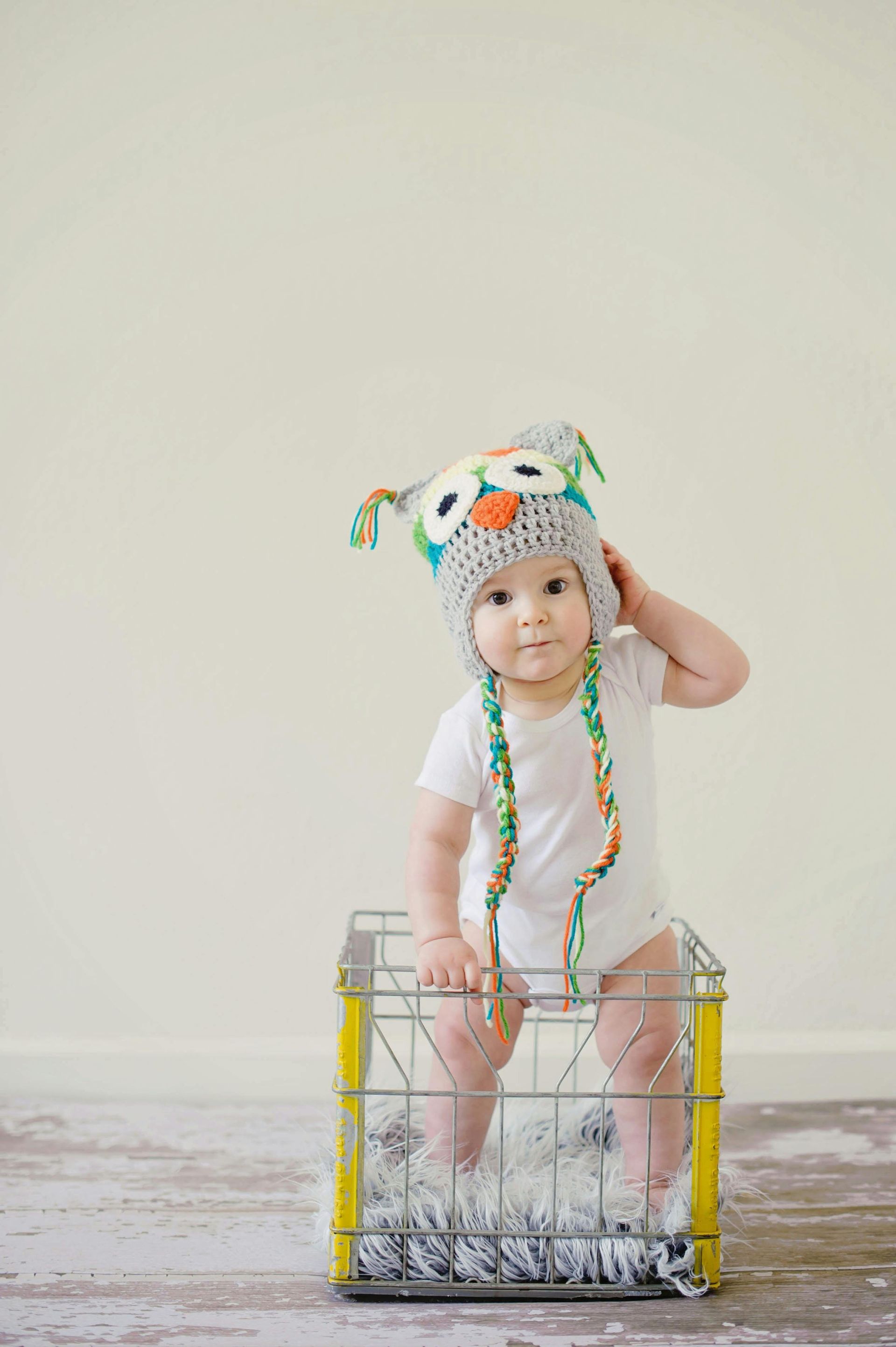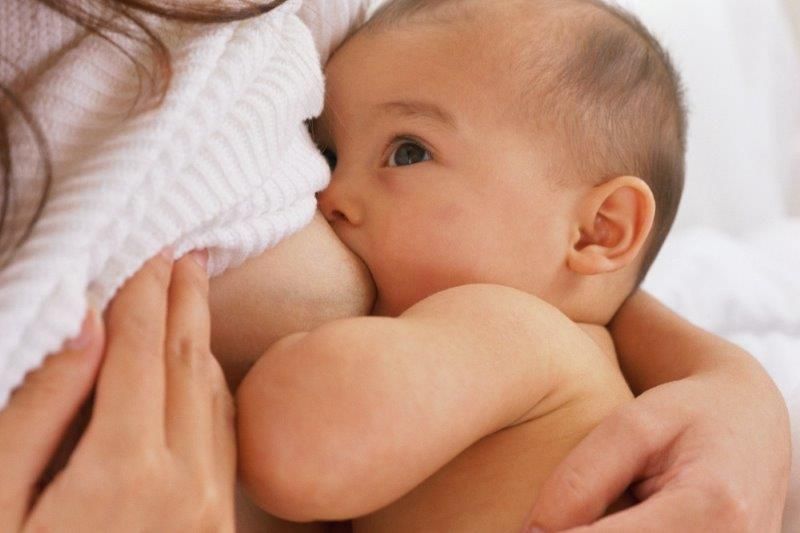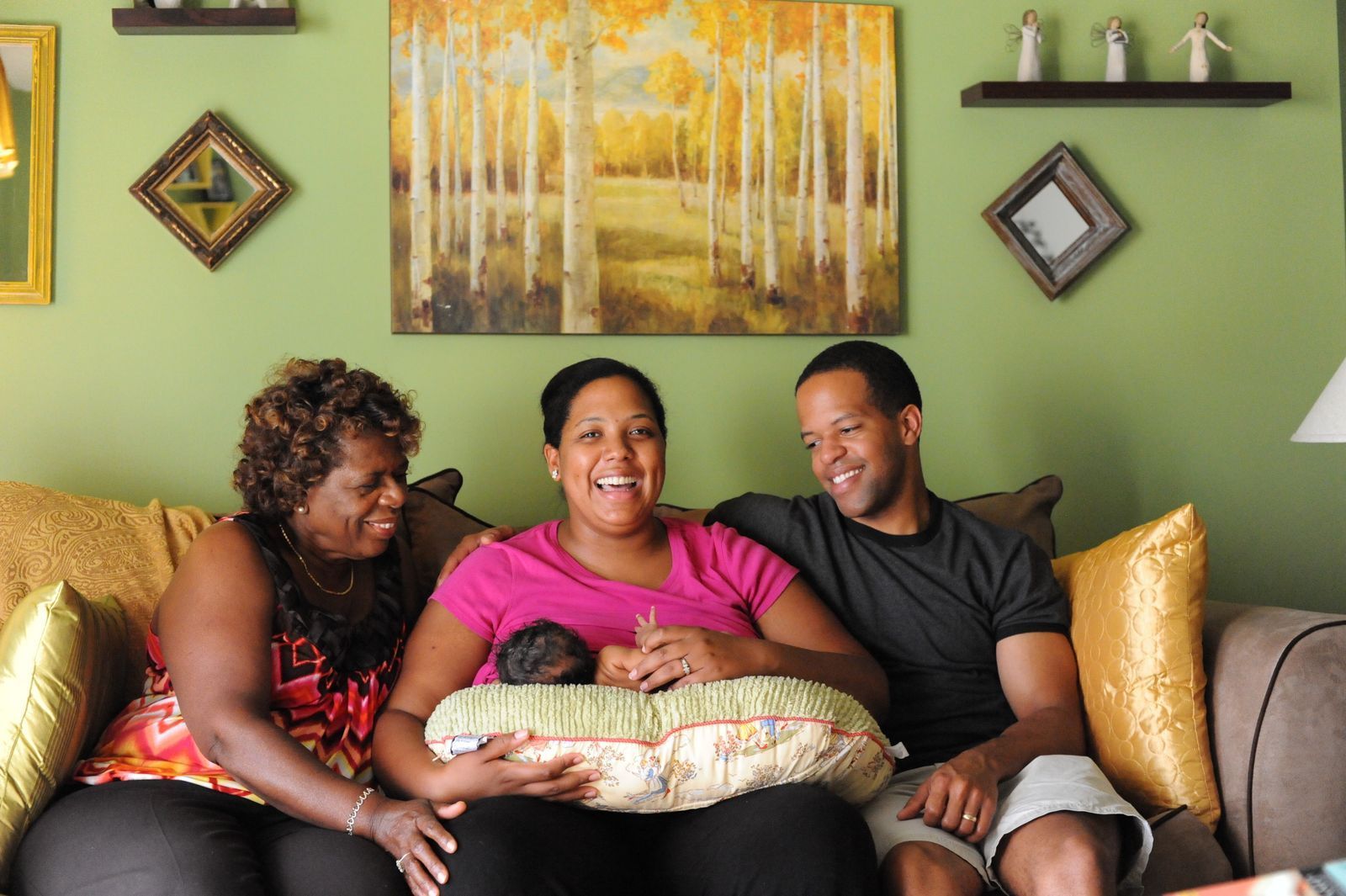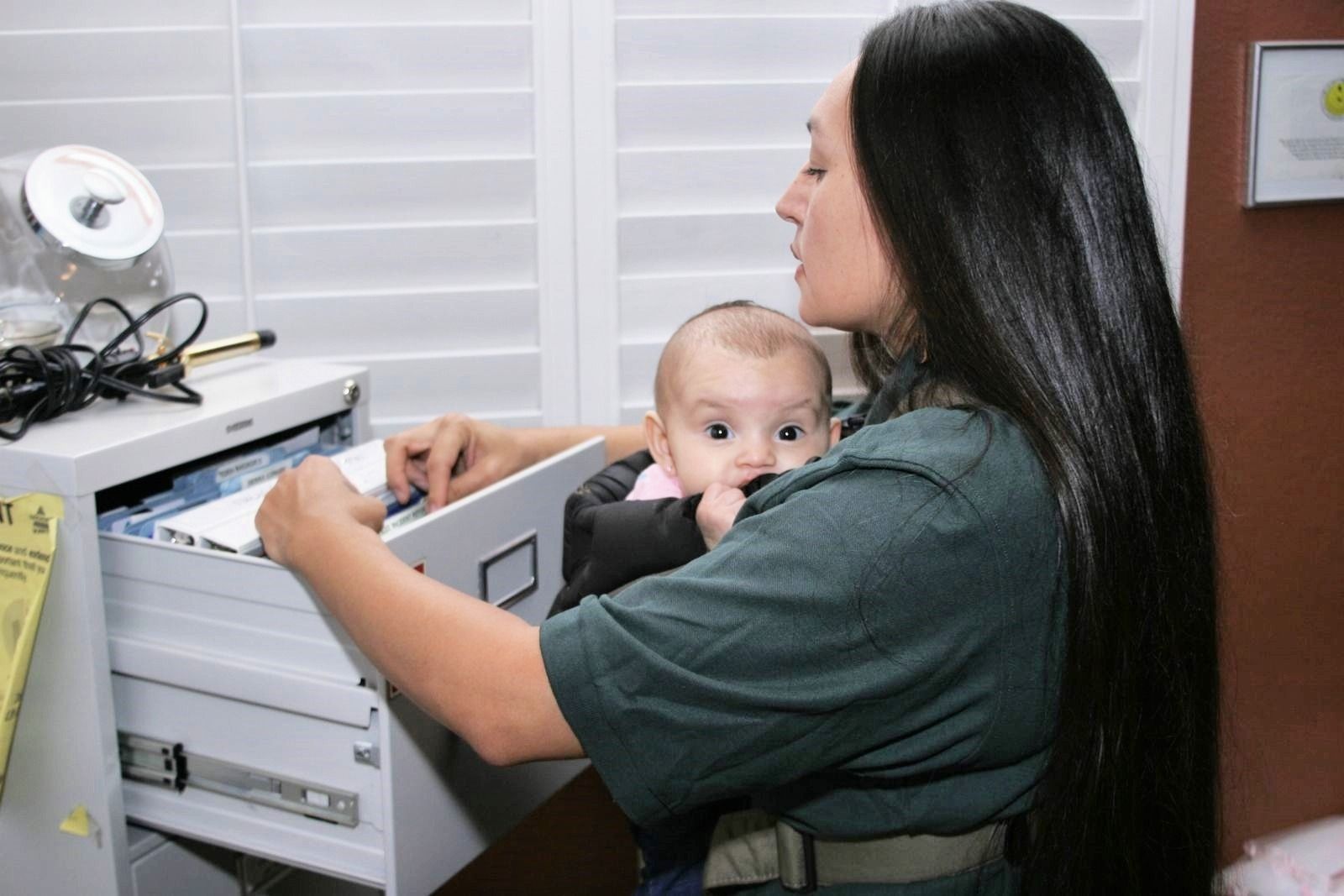Choosing donor milk is a personal decision. We're here to support you with accurate information, safe options, and trusted care. Your baby’s health and safety always come first.
Why would someone use PDHM?
It offers the best nutrition when a mother's own milk is not available. It is often used for infants who are premature, have low birth weights, or are unable to be breastfed directly by their mothers due to health issues or challenges with milk supply. Using donor human milk can be lifesaving for pre-term or ill infants as it provides essential nutrients, antibodies, and immune boosting properties that formula cannot provide.
Is pasteurized human donor milk safe?
Yes, all donor milk is:
- Collected from screened, healthy donors
- Pasteurized to eliminate harmful bacteria and viruses
- Tested for safety before being distributed to hospitals and families
Is it as good as a parent’s own milk?
A small number of nutrients are lost during the heating process. However, donor milk is considered the second-best choice after a parent’s own milk.
What are the benefits of PDHM vs. formula?
Key benefits include reduced risk of Necrotizing Enterocolitis (NEC), higher number of nutrients and ingredients that fight illness, and it is easier to digest.
Where can I get PDHM?
PDHM comes from nonprofit human milk banks in the United States and Canada that are accredited by the Human Milk Banking Association of North America (HMBANA). HMBANA sets international guidelines for pasteurized donor human milk. HMBANA works with local human milk banks in New York and Pennsylvania to supply many New Jersey hospitals with donor human milk.
PDHM is available for babies after birth in several New Jersey hospitals under certain circumstances. These hospitals generally provide first to premature or sick babies. For those babies, donor milk is both food and medicine. Donor milk may also be available to other babies whose mother does not have enough milk to feed the baby during the first few days after birth. Donor milk may also be obtained for babies who are home from the hospital if the baby’s doctor prescribes it.
How can I donate my breast milk?
You can contact a nonprofit donor human milk bank, which will help you get screened to be a milk donor. The milk bank staff will interview you by phone, tell you what documents you need from your doctor, and instruct you to get a blood test at no cost through a lab they identify.
Once approved as a screened milk donor, you will then be able to donate milk. The milk bank will tell you where you can drop off your milk or how you can ship the milk to the milk bank at no cost.






